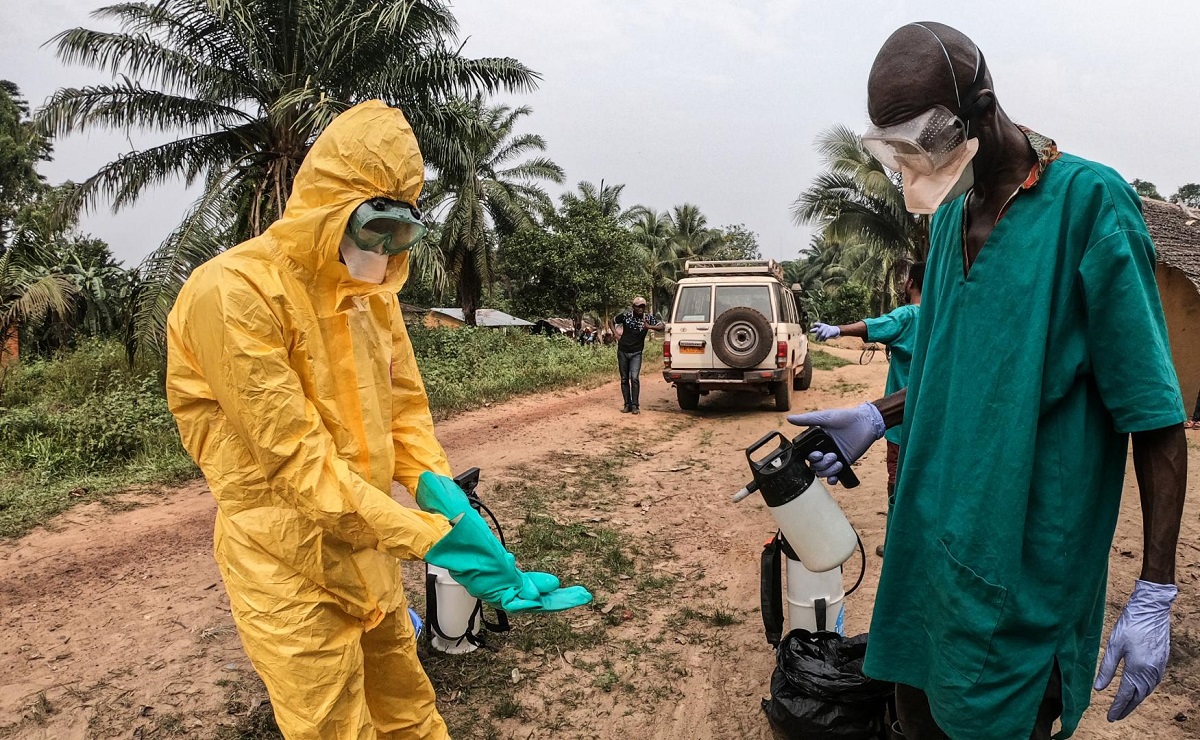The Ebola epidemic and how to prevent infection

On Tuesday, the Ministry of Health (MoH) confirmed an Ebola outbreak in Uganda after the virus was detected in Mubende District. That was after a family of six died of what they thought was a strange disease. Later, another member of the same family died of what was confirmed to be the Sudan- Ebola strain.
According to Bayo Fatunmbi, head of disease prevention and control at the World Health Organization (WHO) office in Uganda, the Sudan strain is rare and had only occurred in Sudan in 1976 and in Uganda in 2011. “While we vaccinated people in the Democratic Republic of the Congo who had the Zaire-Ebola strain, the same vaccine is of no effect with the Sudan strain,” he said.
Diana Atwine, the permanent secretary at MoH, said while the country has the vaccine for the Zaire strain, there is no vaccine for the Sudan strain.
The Ebola virus disease is highly contagious and is primarily found in wild animals such as bats, monkeys, and chimpanzees. However, when humans interact with these creatures, they can get the virus. Among human beings, Ebola is spread through touch. In particular:
- Ebola is spread when one has direct physical contact with body fluids such as blood, saliva, stool, vomit, urine, and sweat of an infected person.
- The virus can also be spread through touching skin-piercing instruments that someone infected with Ebola has also touched.
- The virus can also be got by touching someone who has Ebola.
- It can also be got by touching someone who has died of Ebola.
Signs and symptoms
When an individual is infected by Ebola virus disease (EVD) they manifest several signs and symptoms such as a high fever, a cough, and bloody diarrhoea. After a few days, they may start bleeding from different body openings such as the nose, mouth, and anus as well as different wounds if they have any. This may last for some days and very soon, they become so sick that they become unconscious. Some may start convulsing. The disease affects both children and adults.
Prevention
According to the WHO, the fatality rate for those who contract Ebola is high. While another vaccine is being tested, it is important that people focus on prevention. Some of the preventative measures to adopt include:
- Avoid contact with blood and body fluids of people who are sick. These include urine, faeces, saliva, sweat, vomit, breast milk, amniotic fluid, semen, and vaginal fluids.
- Avoid contact with semen from someone who has recovered from Ebola virus disease (EVD), until testing shows that the virus is gone from his semen.
- Avoid contact with items that may have come in contact with an infected person’s blood or body fluids. These include clothes, bedding, needles, and medical equipment.
- Avoid funeral or burial practices that involve touching the body of someone who died from EVD or suspect EVD.
- Avoid contact with bats, forest antelopes, and nonhuman primates such as monkeys and chimpanzees.
- Avoid eating raw meat prepared from these forest animals or unknown animals (bush meat).
Stay safe. Prevention is better than cure


















